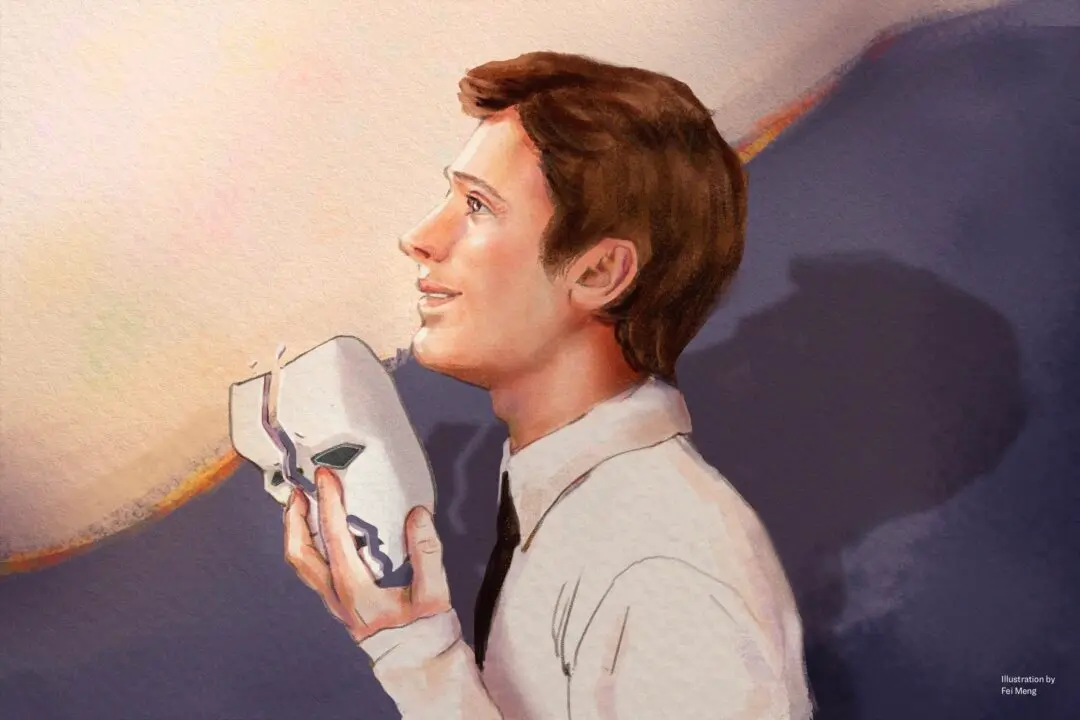Published in 2022, a PLOS ONE research study performed longitudinal assessments of personality changes in 7,109 Americans, aged 18 to 109, during the COVID-19 pandemic.
It is reported that, compared to the pre-pandemic period, people became less extroverted, open, agreeable, or conscientious. What is more astonishing is that these changes were equivalent to about one decade of normative personality change if occurring during a non-COVID period.






